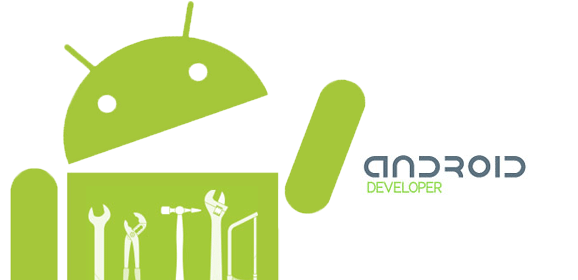It’s nearly impossible to talk about smart phones and the proliferation of such devices without hearing about Google’s Android operating system. Android is currently the most widely used smartphone operating system in the world, with over 1 billion Android devices activated as of September 2013. And as of November 2013, Android had carved itself an 80% slice of the global smartphone market pie.
And with a recent survey finding that over 70% of mobile developers currently write software for Android, there is no denying the immense popularity of the platform. If you plan to release a mobile application, you shouldn’t even mention the idea without also discussing your plans to develop for the impressive throng of Android users.
How Android Compares to iOS
You won’t find much ambivalence among smartphone users. Most people either prefer iOS or Android. The most notable difference between the two platforms is that iOS is “closed,” which means the source code is not openly shared or modifiable.
Apple also embraces an integrated model, building their iOS software specifically to run only on hardware made by Apple, and when a new version of the OS is released, adoption tends to be quick and prolific.
Meanwhile, Android is open-source, which means that anyone can have access to the source code to modify it and run it on third-party hardware. And diversity is certainly the hallmark of the Android platform.
As of July 2013, there were 11,868 models of Android devices, all with varying screen sizes. There were also eight separate versions of the Android OS in use simultaneously, most of which are not the latest version. Variations of the Android platform vary widely, with third party companies like Amazon using heavily modified versions of Android to power their Kindle Fire devices.
Naturally, this type of advanced fragmentation presents its own unique set of challenges. The wide variation in hardware, features, screen sizes, and OS versions means Android app development is generally less straightforward as it is with iOS, which has far less variation.
But with that said, fragmentation also means that Android has a much greater reach, and its marketshare numbers leave Apple’s in the dust. This makes Android an irresistible choice for developers because it provides the opportunity for significant exposure for their application.
Developing for Android
Currently, there are over 1 million apps on the Google Play Store, but don’t let that discourage you. With a much larger user base and much less bureaucracy in the app approval process, getting your Android app in front of users can be much more straightforward than with iOS development.
But since Android runs on everything from smartphones to tablets to eReaders, and even set top boxes, it’s absolutely essential that you find an experienced team capable of consulting you through the process correctly. There are many variables to consider, and your app deserves a seasoned team of developers to bring your idea to fruition.
Our team has extensive experience in Java and in developing for Android, and we’d love to discuss your next great app idea!


Leave a Reply